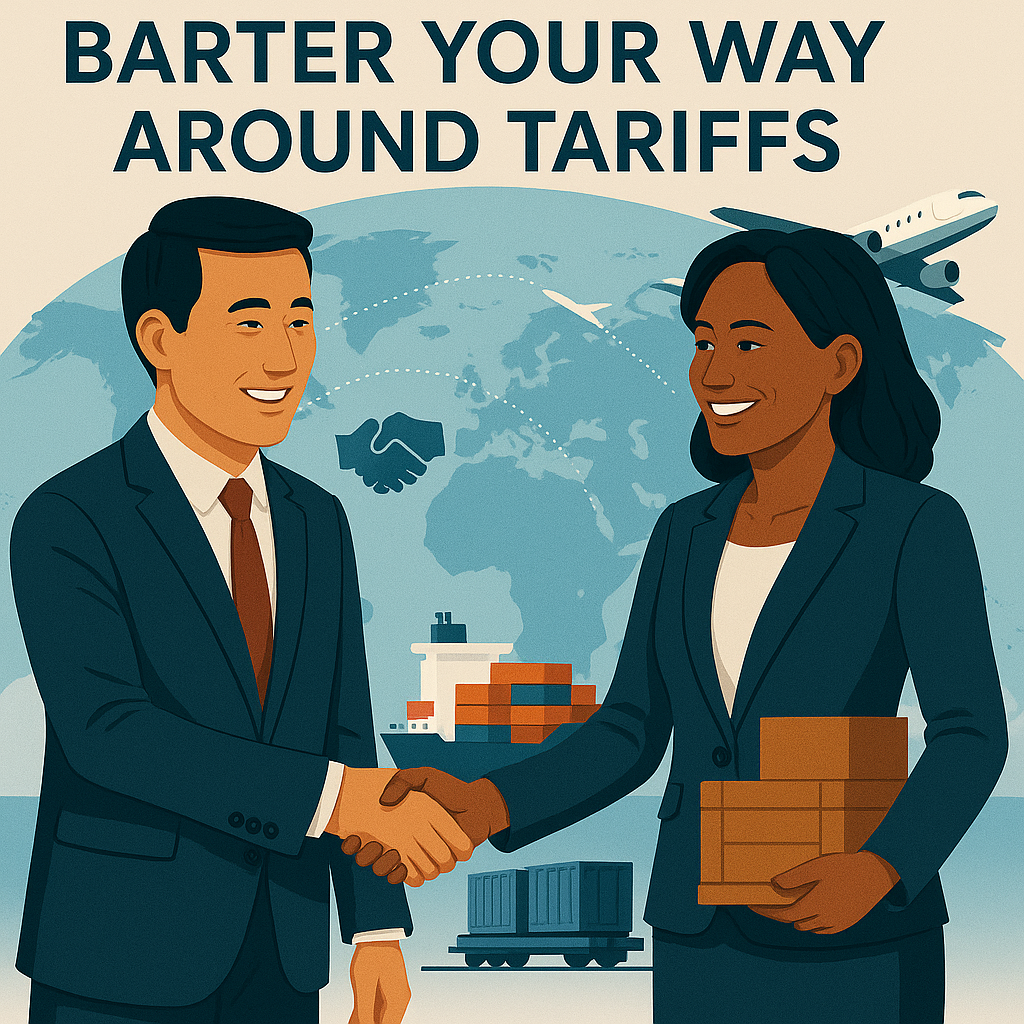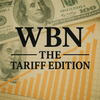
Wendy S. Huffman | WBN NEWS Nashville | May 1, 2025
Facing rising global tariffs, nonprofits and small businesses use legal barter strategies to cut costs without breaking the rules. Here are two real-world examples showing how bartering can work in your favor.
A European NGO working with East African farmers needed tractors and irrigation tools, facing a 30% import tariff. Instead of a straight purchase, they bartered: premium coffee beans in exchange for agricultural equipment. This deal lowered the declared invoice value by 60%, resulting in much lower tariffs. The European supplier resold the coffee locally, making a profit too.
In West Africa, a nonprofit faced steep 40% tariffs on imported solar panels. Rather than pay outright, they negotiated an in-kind barter: they installed water filtration systems in rural villages in exchange for tariff reductions. The local government accepted the service value in lieu of taxes, legally sidestepping the cash payments.
Organizations working internationally can explore bartering local goods, services like education and infrastructure development, or bundling community projects with imports to minimize tariffs. Partnering with local chambers or ministries can further unlock duty exemptions.
Tags: #International Trade #Barter #Tariffs #Nonprofit Solutions #Global Economy #Business Innovation
Wendy Huffman is the Editor of the WBN News Nashville Edition & Founder & Owner of The Brilliant Edge Agency, delivering premier executive search and staffing solutions to help businesses secure top talent using the DREAM™ process. She is also the founder and CEO of the international nonprofit Letsmakethedifference.org based in Nashville.
Connect with Wendy on Linkedin.com/in/wendyhuffman
Sources: Business Insider, World Trade Organization, UNCTAD Trade and Development Report, NGO case studies.



